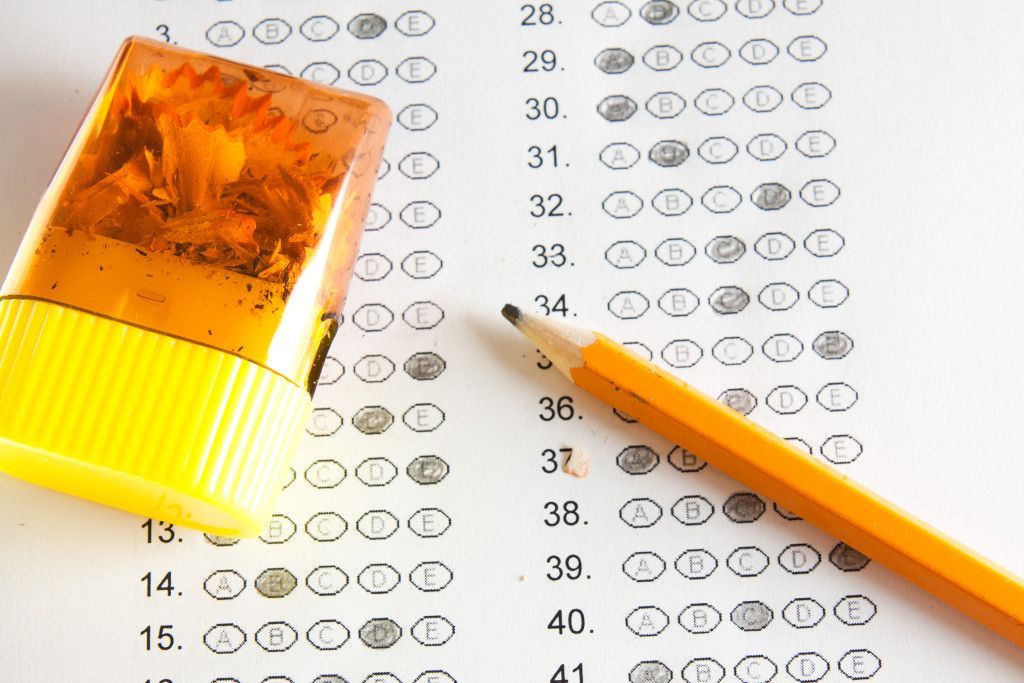FIVE SOLID STUDY TIPS FOR THE FINALS
The beach…sun…swimming…hanging out…
While you’re probably day dreaming already about summer vacation, the reality is that first you have to face final exams. But taking your final exams does not have to be so stressful. Here are five solid study tips to help you surf right through your final exams!
1. PLAN YOUR TIME WISELY!
Figure out which classes require a final exam and which require a project. Then take a few minutes and make a list of your classes, with the hardest (or most stressful) classes at the top. These classes will require more study time. Make sure to study for all of your finals, but devote extra time to your more difficult subjects.
2. DON’T PROCRASTINATE…START TODAY!
One of the leading causes of stress is procrastination. Many students put off the work at the last minute and “cram” before the exam. But studies show that cramming is not only ineffective, it’s actually counterproductive. A UCLA study from 2009 states, “If a student sacrifices sleep time in order to study more than usual, he or she is likely to have more academic problems, not less, on the following day.”
Solution? Don’t wait till the last minute! Studying over time helps commit the learning to memory. Think about how easy it is for you to read this article. Why is that? It’s because you practice reading every day. It’s true what they say – “Practice makes perfect.”
3. HIGHLIGHTERS ARE NOT MAGIC WANDS.
Some students get the impression that by highlighting key phrases, the phrases are automatically committed to memory. While highlighting may help draw attention to important facts, that doesn’t mean you’ll necessarily remember it. Instead, write down the key points on a separate piece of paper as a reference. (Remember to write your notes by hand, not type them – this will increase the probability of remembering the material.)
4. PRACTICE HEALTHY HABITS.
Preparing for final exams is a lot like running a marathon. Just like a physical activity, your body needs nutrients to give you energy. Stock up on healthy snacks – like fruit, vegetables, whole grains and protein. As tempting as it will be, try to avoid carbonated beverages like soda. You will do better with water or a sports drink with electrolytes. If you need a caffeine fix, try some iced tea.
Take frequent breaks to give your mind some time to rest. (Try 45 – 50 minutes of studying, followed by a 10 – 15 minute break.) Use your breaks constructively. Don’t reach for the remote, your cell phone, or your laptop. Instead, go stretch your legs. Take a quick walk outside or ride your bike. By staying active on your break, you won’t feel so drained when it’s time to start again.
Most importantly – make sure you get a full night’s sleep! Staying up late to cram for your exam might do you more harm than good. Try to get at least 7 – 8 hours of sleep each night.
5. ASK QUESTIONS!
Never be embarrassed to ask for help when you need it. Your teachers and your parents will not look down on you for asking questions. Rather, they will be grateful and impressed. By asking questions and getting advice, you are showing that the test is important to you and you want to do well. If you get stuck on a question or a chapter, the first step is to admit you do not understand the material. Then, simply ask for help. You will be glad you did.








